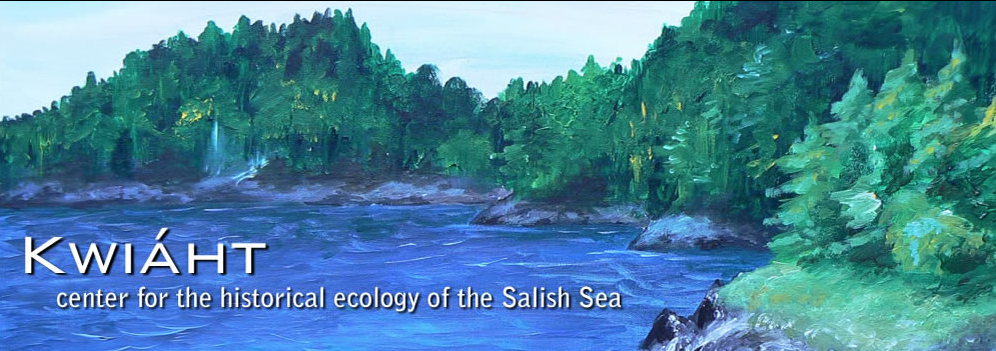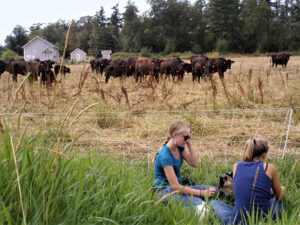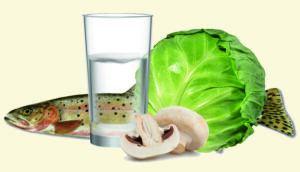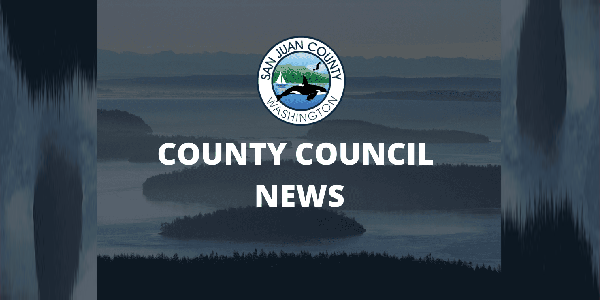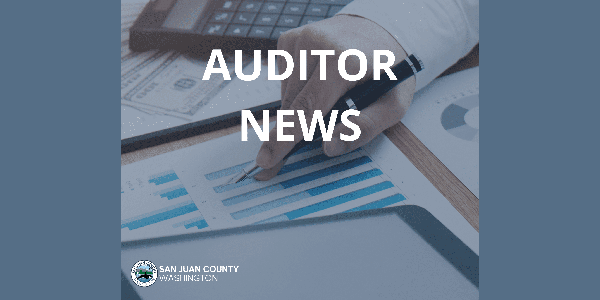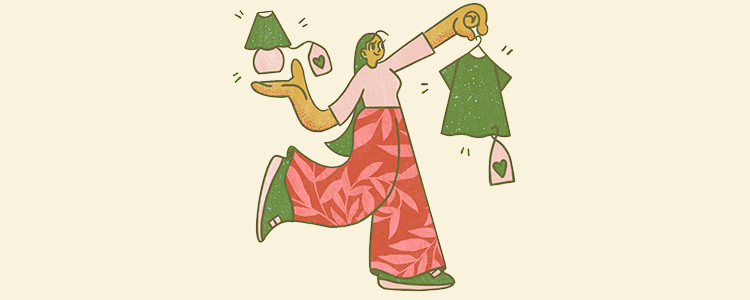||| FROM RUSSEL BARSH for KWIAHT |||
Growing, harvesting, and eating locally is gaining momentum in the islands. As islanders add more local plants and animals to their diets; break ground for new gardens, farms and orchards; and tap new water sources for food production and processing; questions are arising about ensuring healthy soils, clean water, and nutritional quality in our local food system.
For example, cumulative arsenic and lead-based pesticides were routinely applied to commercial orchards in the islands as recently as the 1970s, and some were still for sale in island garden stores within the last ten years. The extent to which these contaminants persist in revived and restored farmland is a matter of crucial interest for human health. Moreover, the geology of the islands is such that wells drilled into deep, fractured bedrock often produce water with high levels of arsenic, lead or cadmium that accumulated in marshes and lagoons tens of millions of years ago. In many instances, the concentration of toxic metals is low enough to meet current legally enforced drinking-water standards but is greater than what is “safe,” medically, and should either be avoided, or run through specialized ion-exchange filters prior to use.
Surface waters of the islands are likewise often enriched with toxic metals from ground seeps, springs and runoff from farmland that was treated years ago. Happily, there are bioswale designs that can detain and help remove heavy metals from surface water so that they do not end up in fish, frogs, or gardens. But at least some popular wild foods tend to accumulate toxic metals from directly from soils and groundwater. Many mushrooms are hyperaccumulators, including “porcini” (Boletus edulis) and our common Agaricus species. This also makes fungi a valuable element of bioremediation gardening; for example, Turkey Tails (Trametes versicolor) can selectively accumulate cadmium from its environment.
Of course, the critical first step is identifying toxicants in local soils and waters that support growing island food systems. Kwiaht researchers and Orcas middle-school students have worked together for more than fifteen years on measuring contaminants in soils, wetlands, streams and ponds, and storm water, as well as building and testing bioswales using local plants and fungi as biofilters. Kwiaht bioswale research in Eastsound was featured in the “Fabulous Fungi” episode of the NPR series, This American Land.
At the same time, our choice of foods to grow locally, including the varieties that offer the best nutritional profiles when grown in island soils, is also a question to be addressed through analytical chemistry. Part of Kwiaht’s latest WSDA-funded food project is measuring natural sugars, tannins, and vitamins in nearly a hundred samples of apples, pears and plums grown in the islands—both “heritage” varieties introduced from the 1860s to 1910s, and seedling trees discovered in abandoned fields, old gardens, and roadsides. Several novel seedling apples have already been found with unique flavors and good nutritional quality.
Another challenge is evaluating the nutritional value of underutilized wild greens and berries such as the Salal that Indigenous islanders pounded and dried as fruit leather.
Because growing a sustainable local food system that is safe and nutritious involves not only a lot of hard work but also a local resource for analytical environmental and food chemistry, Kwiaht is seeking help in this month’s GiveOrcas campaign to replace one of its 15-year-old “workhorse” instruments with a newer generation model that is more versatile and makes more precise measurements. It may not seem exciting to upgrade a boxy electronic lab device, but for Kwiaht researchers and students, it is like replacing a flip phone with a smartphone. “There’s so much more we can do, and so much faster!”
**If you are reading theOrcasonian for free, thank your fellow islanders. If you would like to support theOrcasonian CLICK HERE to set your modestly-priced, voluntary subscription. Otherwise, no worries; we’re happy to share with you.**

